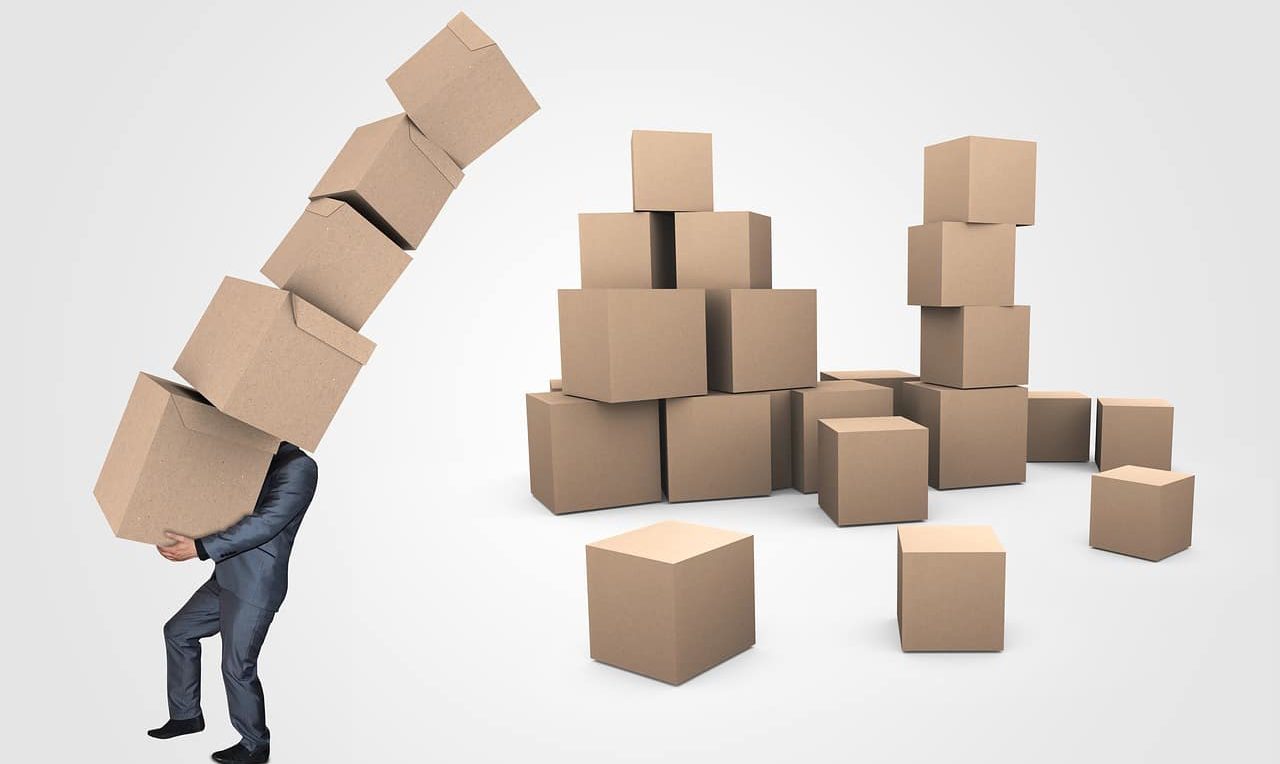Four new states- Arunachal Pradesh, Madhya Pradesh, Meghalaya, Sikkim and one union territory will switch over to the intra state e-way bill system from April 25.
After facing a rebuke from the traders and transporters, there was a belief that e-way bill, was soon going to die its own death. But the strong determination of the government prompted towards the rolling of e-way bill in a staggered manner. Already 12 states have adopted this system among them are Andhra Pradesh, Bihar, Gujarat, Haryana, Jharkhand, Himachal Pradesh, Uttrakhand, Kerala, Tripura, Telangana and Uttar Pradesh.
E-way Bill on 11 Commodities in Madhya Pradesh
This anti-tax evasion bill will be applicable on Intra-state movement of 11 commodities including pan masala, confectionery items, plywood and laminated sheet, all types of iron and steel, edible oil, auto parts, cigarette/tobacco and tobacco products, electric and electronic goods, lubricants, tiles, ceramic goods, ceramic blocks, ceramic pipes etc.
Penalty on Non compliance of E-way Bill
Intra-State E-Way Bill
In case, the provisions are not followed in a true spirit especially for tax free goods found without proper invoice, the anti-tax evasion wing of SGST department will impose a penalty of 2% on total value of goods or Rs 25, 000,whichever is less (as per Indore SGST Commissioner).
Inter-state E-Way Bill
If the e-way bills are issued not in the accordance with the rule 138 of the GST act or if the bill is not generated as per section 122, the trader will be liable to pay a penalty of Rs 10,000 or amount of tax evaded.
Would this curb the tax evasion menace?
Well, the government’s mandate to track the movement of goods and to combat the massive leakage will definitely be fruitful in future but will it be able to survive technical glitches, is yet to be seen.
E-Way Bills are getting generated successfully and till 22nd April, 2018 more than one crore eighty four lakh e-Way Bills have been successfully generated which includes more than twenty two lakh e-Way Bills for Intra-State movement of goods.
— Ministry of Finance (@FinMinIndia) April 23, 2018









